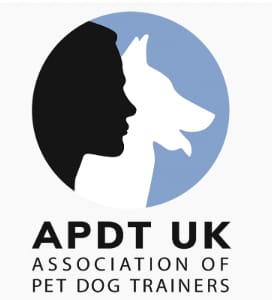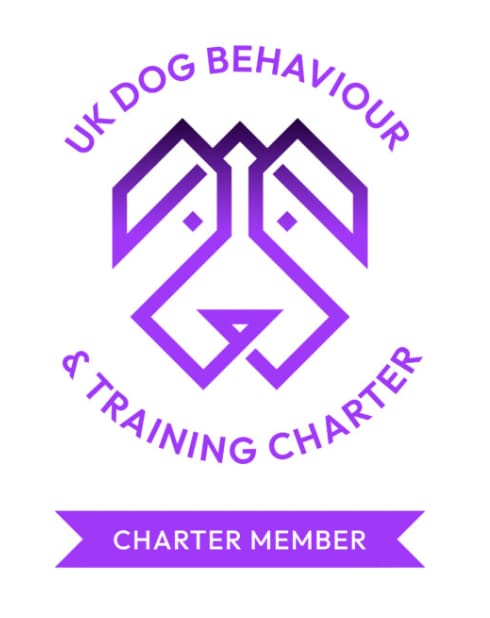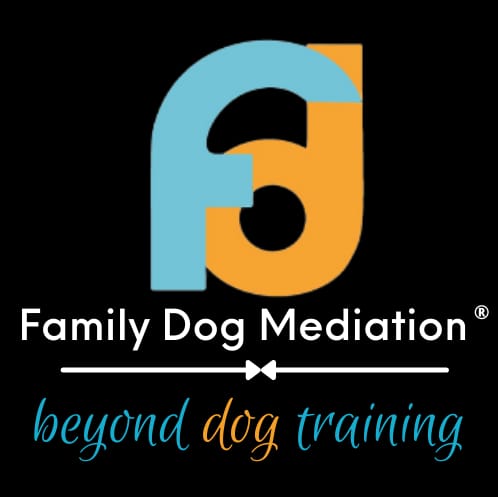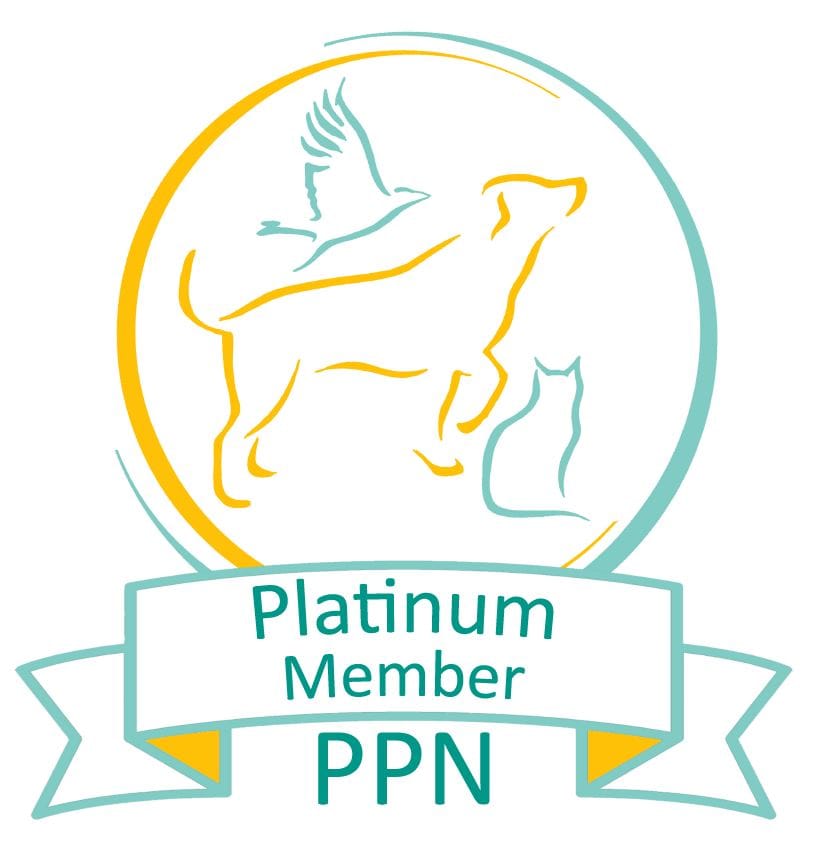What is puppy socialisation?
21/03/2022 - Blog
It’s the most important thing you can do for your puppy. But what is puppy socialisation and what is the best way to go about it?
Puppy socialisation is the term that we dog trainers use to refer to the VERY important process of introducing your puppy to the world. It’s a crucial part of their training and education and will help shape their behaviour through puppyhood, adolescence and right through to their senior years.
- Teaches your pup how to cope with new situations
- Helps your pup remain calm while out and about
- Shows puppy how to behave around humans, dogs and other animals
- Reduces the risk of fear based aggression as puppy grows up
- Ensures your pet is easy to handle in stressful situations such as vets
- Builds a strong bond between you and your dog that will last their entire life
- Helps make sure that you feel confident to take your pet anywhere and everywhere with you.
Socialisation is about building confidence and communication skills and it impacts heavily on the relationship between you and your pup. Best of all, when it’s done properly, socialisation is neither expensive or difficult.
What puppy socialisation is NOT
Puppy socialisation is NOT letting them run riot in a room full of other puppies. Most reputable dog trainers would agree that puppy parties are a recipe for disaster. Any interactions with other dogs or puppies need to be closely supervised. A sensitive pup could easily be terrified by the fast approach and boisterous behaviour of a more confident dog. He or she will quickly start to associate other dogs with fear - and that’s one association that you DON’T want their brains to make.
On the other hand super-confident puppies could learn to associate other dogs with terrific fun - which isn’t always the case. Approaching an older, more experienced and possibly fearful dog in that way could well earn them a nasty bite.
So please, avoid puppy parties at all cost. Yes, your pup will need to meet other dogs - but not in a way that could knock their confidence. We’ll get to that bit later in the article.
What is the puppy socialisation window?
Socialisation is actually a lifelong process for dogs - just as it is for us. Just like humans, dogs never stop learning. But again, just like humans, our pets learn fastest when they are very young.
You may hear dog trainers and vets refer to the ‘puppy socialisation window’. This is a period of about 16 weeks, or 4 months, from birth onwards, when puppy’s brain is developing at great speed. It’s when they learn how to co-ordinate their bodies and live independently of their mother. It’s also when they learn most about the world about them.
At birth, a puppy is little more than a hairy worm. It can’t walk, see, or even hear very much. But it does have a sense of smell and from the moment it enters this world, its little brain is starting to make connections. It will associate the scent of its mum with food, warmth and protection, the scent of its siblings with companionship, and, hopefully, the scent of human beings with gentle touches and comforting cuddles.
As puppy grows, its senses develop, it gains mobility and it continually builds those brain connections. It learns how to use its body to react to different stimuli. For example, a paw plonk from a sibling means time to play, a certain tone of voice from the human means it’s time to eat, a gentle touch means that people are good for cuddling.
This is why I ALWAYS advocate buying your pup from a reputable breeder. They will introduce your pup to lots of positive experiences from day one. Which means that puppy learns to associate humans with good stuff and reacts to new experiences with curiosity and confidence.
How Do I Start Socialising My Pup?
Ideally, puppy will come to live with you when he or she is around 8 weeks old. He or she will have had plenty of socialisation whilst still living with the breeder, and now the breeder is handing the reins over to you.
Until puppy is fully vaccinated, it’s not wise to walk him or her where other dogs have been or start puppy training classes. But you can still do lots and lots at home. AND unless puppy is really big and heavy, you can still carry him or her around the neighbourhood for a ‘walk’.
Introduce puppy to at least one new experience every day. That might be playing with a different toy, hearing the washing machine for the first time, getting to sniff around the garden, meeting the cat, taking a short ride in the car or trying a different flavoured treat. Don’t rush them. Socialisation is a marathon, not a sprint!
Be careful not to overwhelm puppy with too much information - remember their little brains are still processing the fact that they are in new surroundings and none of their brothers and sisters are with them.
Organise some socialisation visits to the vet. In my experience, veterinary teams are only too happy to help a pup feel confident in the surgery. It makes their life much easier in the long run.
Invite friends and family over to meet the new arrival. Again, please don’t overwhelm puppy by having them handed round 20 or so different people. One or two new acquaintances at a time is plenty. Don’t let children handle your puppy clumsily. Keep the experience nice and calm. It’s important that puppy is able to retreat to a quiet place when they get tired or when it all gets too much for them. Remember - every experience needs to be a positive one.
Once puppy is up to date with their vaccinations, you can take socialisation further into the big wide world. A short expedition along your street is a good start. Have puppy safely on a harness and lead and let him or her set the pace. It’s OK if you only travel 10 metres in 20 minutes because puppy needs to sniff every blade of grass and watch every car go by.
People watching is a great activity for pups. Just sit on a bench and let them watch the world go by. It may not be very exciting for you - but that’s because you’ve seen it all before. This is all new to your little one and their brain needs to process all of those sights, sounds and smells.
Meeting other dogs
Meeting other dogs is not necessarily the main focus of socialisation, but it is really important. As a canine behaviourist, many of the problem pets I work with just don’t have the communication skills or the confidence they need to be able to behave well around others of their species. Sometimes they’ve had a bad experience in the past, and sometimes they’ve just never had the opportunity to learn.
Start by thinking how you would like your pup to behave around other dogs when he or she is an adult. Realistically, the behaviour you want is not unlike the way you yourself would act in a town centre or a supermarket. You acknowledge other people, but tend not to engage with them other than to nod ‘hello’ or perhaps thank them if they step aside to let you pass. You don’t lunge and swear at anyone who gets too close, neither do you run across the market place and ask a stranger to play rough and tumble games with you. The rules of doggy society are similar to ours.
Puppy needs to know that other dogs aren’t generally scary, but they do need to be respected. It’s not OK to play with every canine you come across but similarly, you don’t need to be rude to them.
I find it helpful to allow puppy to greet roughly one in five of the dogs we encounter on our walks. And when I say greet, it’s a nose boop and a bum sniff and then move on. ALWAYS check with the other dog’s handler first - not every dog is polite to puppies - and don’t allow the greeting to escalate into play.
From time to time, you might want to organise a play date with another dog. That’s fine, provided you know that the other dog is of a similar mindset to your pup. (They don’t have to be a similar age). Let them play off-lead in a safe, enclosed space…..your garden for example. Be vigilant though, and be ready to intervene if one of them gets fed up with he game. Puppy parenting is very similar to bringing up children. If you’re a person parent too, you’ll understand why it’s important for the ‘playees’ to have similar temperaments and interests.
Finally, the very best place to learn manners around other dogs is in the controlled environment of a dog training class. Your dog trainer will be able to guide you and show you how to interpret the doggy body language that tells you how both pets are feeling.
Puppy Lifeskills Classes
For the ultimate socialisation experience, you can’t beat a puppy lifeskills class. At these classes, an experienced trainer will teach you how puppies learn and help you develop lots of training and activities and games that will give your pup the experiences he or she needs to grow into a loving and well balanced adult dog.
There are lots of opportunities to ask questions, meet like minded puppy parents and find out how to manage typical puppy behaviours such as chewing, play biting and yapping.
Click here to find out about puppy lifeskills classes at CK9 training. https://www.ck9training.co.uk/training-your-puppy/
Useful Links
Puppy and dog training tips. https://www.ck9training.co.uk/training-tips
Online dog training services. https://www.ck9training.co.uk/online-training-services/








